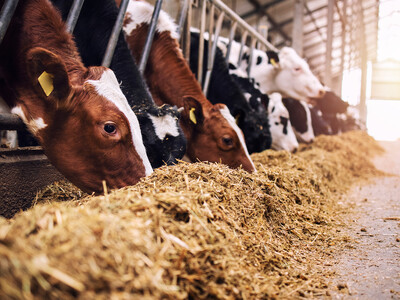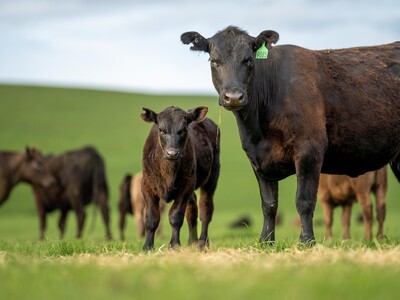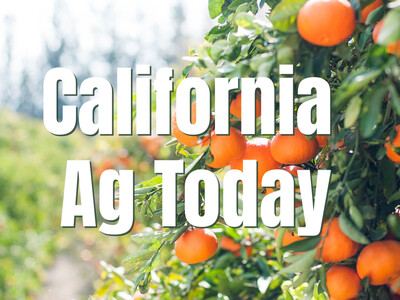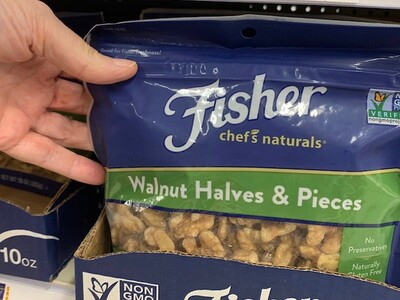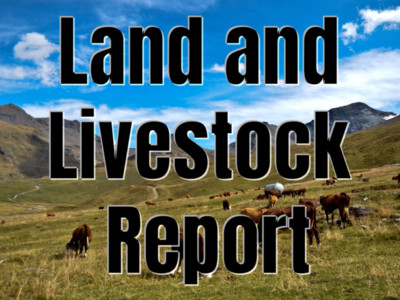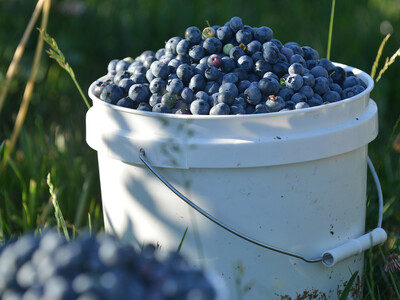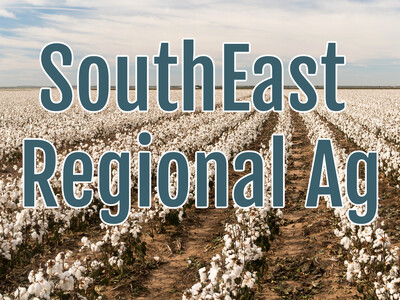Volunteering for Animal Health
Volunteering for Animal Health. I’m Greg Martin with today’s Line On Agriculture.
It's the animal health world's version of a volunteer fire department. But instead of firefighters, a team of veterinarians now stand ready to help during an emergency or disaster. The Oregon Department of Agriculture has recruited, trained, and organized nearly 170 private veterinarians around the state to help during an event that requires a lot of emergency assistance. ODA vet Dan Jemelka says it can be a response to a serious animal disease in livestock or a natural disaster affecting pets.
JEMELKA: We need veterinarians because animals are injured, to assess their injuries, to assess whether they need to euthanize them, or can they be treated, go through a regular triage process just like the medical doctors do.
Hurricane Katrina spawned the effort to better prepare for events that impact animals. Later this month, 40 private veterinarians will receive their credentials and be ready for any natural or man made disaster that hopefully won’t ever take place. To this point, they have just gone through the training.
JEMELKA: We have not fortunately had to respond to any disaster, but you never know. We have floods every year. We have fires every year. The big earthquake we look for. The tsunami we look for. You never know.
With just four veterinarians on staff, ODA does not have enough people and resources to handle a major disease outbreak in animals or to respond to the disasters that impact pets. With the help of the volunteers who are trained and qualified, Oregon is in better position now to protect livestock and pets as best as possible. Jemelka says having a team to respond to natural and man made disasters underscores the importance people place on their pets.
JEMELKA: They are a member of the family anymore. More and more, we have to realize that. People will not evacuate without their pets. If they evacuate, they want to make sure their pets our safe and that they get them back.
Jemelka says one group of volunteer veterinarians is ready to help in the event of an infectious animal disease that could cripple
JEMELKA: We are either going to get it accidentally or we are going to get it by terrorists. So we need to be vigilant and be prepared to respond when and if it does.
That’s today’s Line On Agriculture. I’m Greg Martin on the Northwest Ag Information Network.




